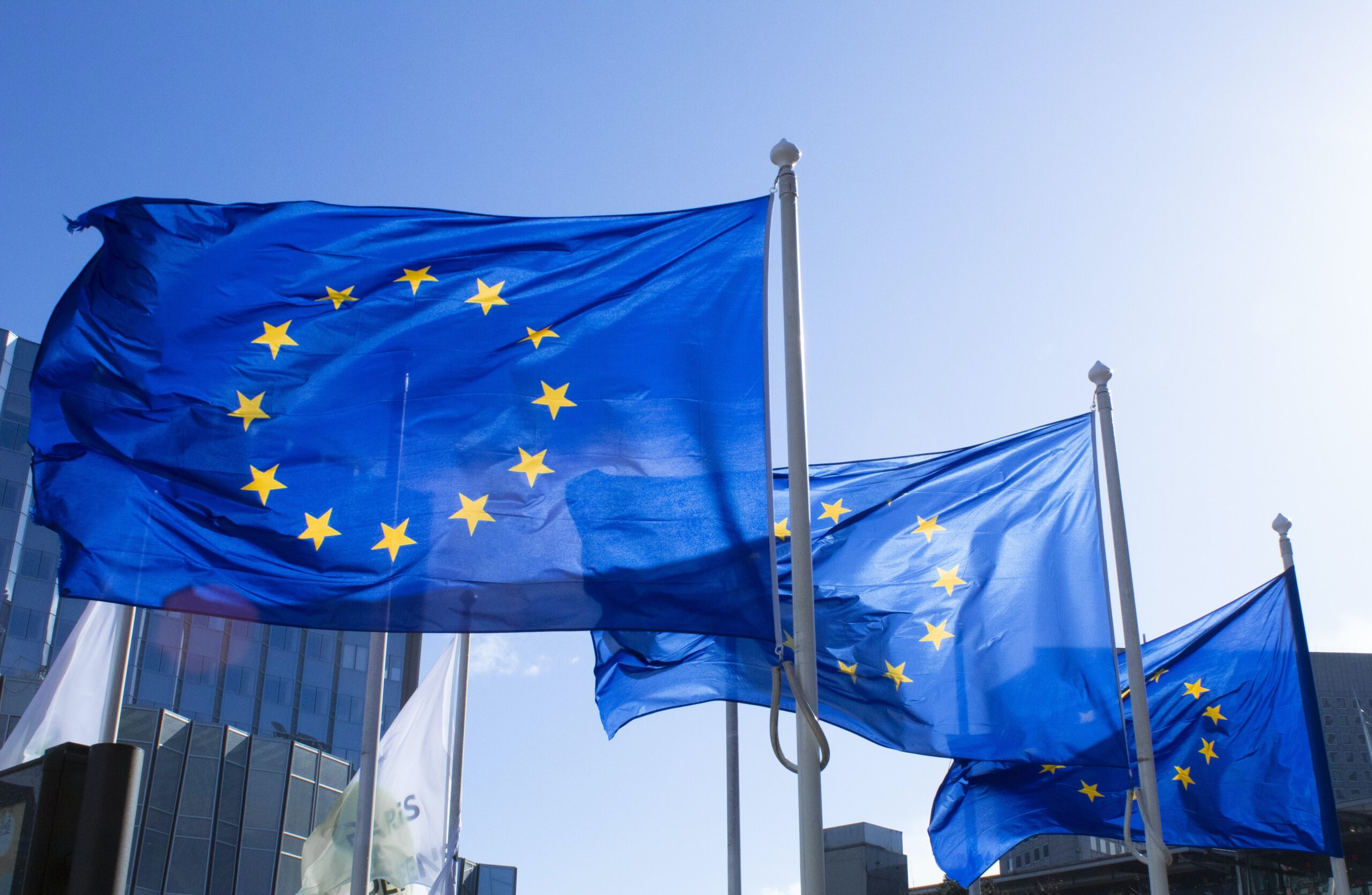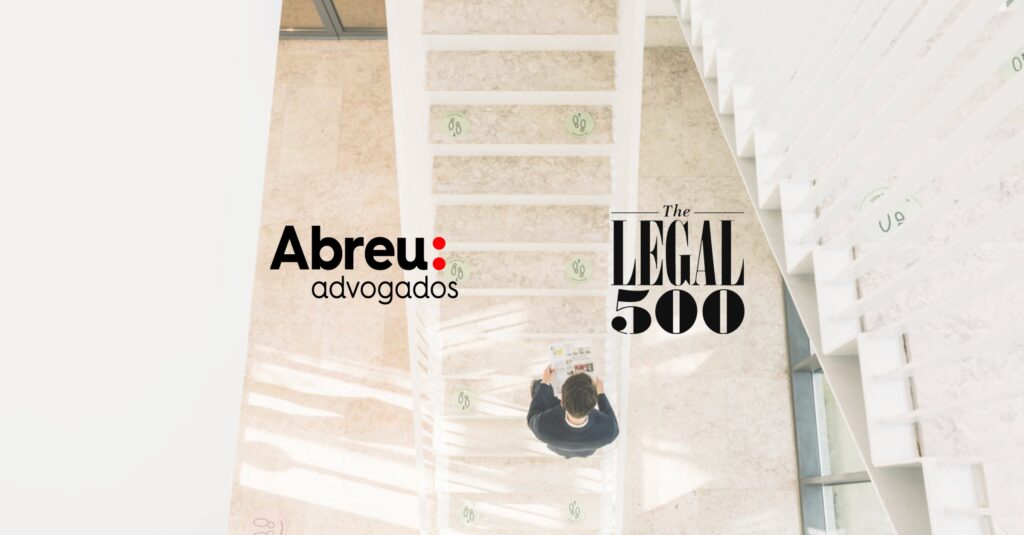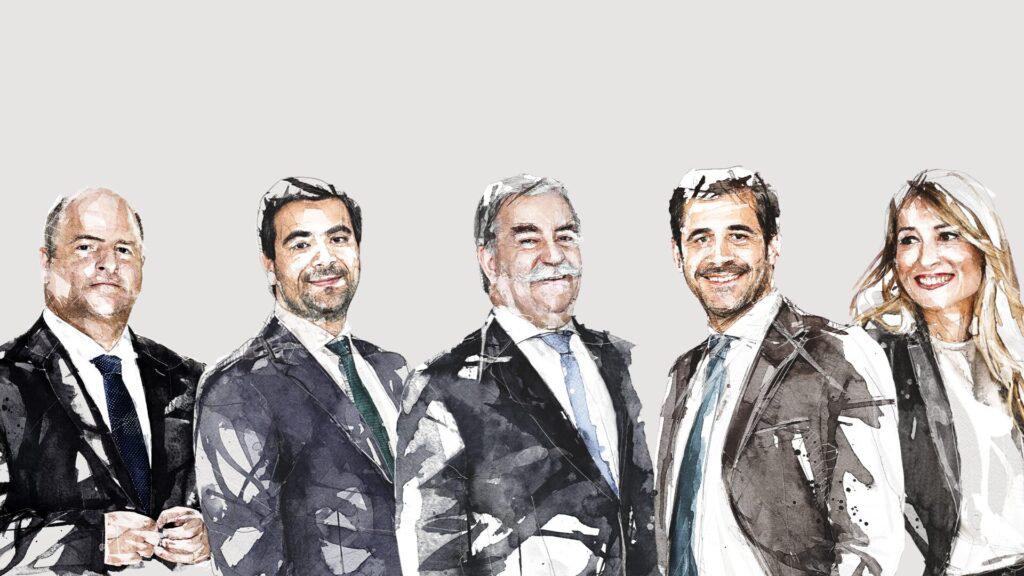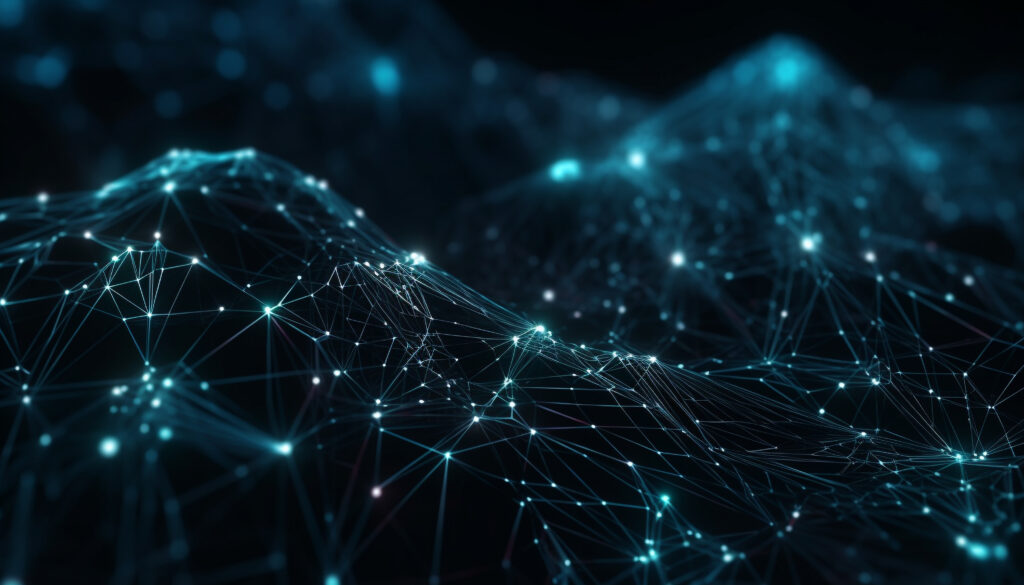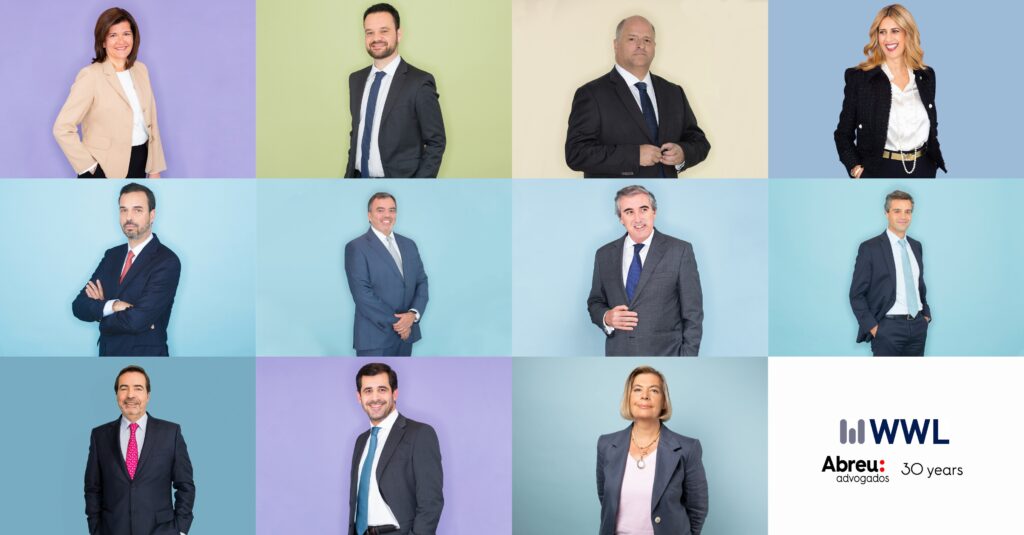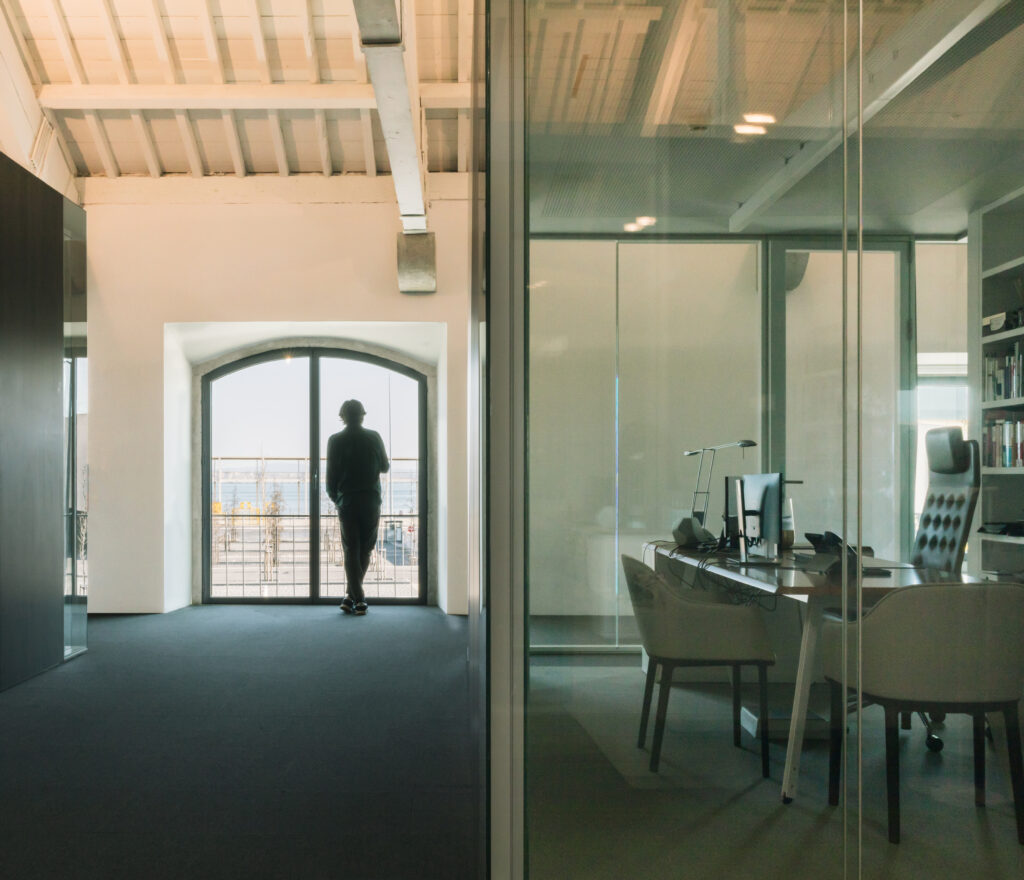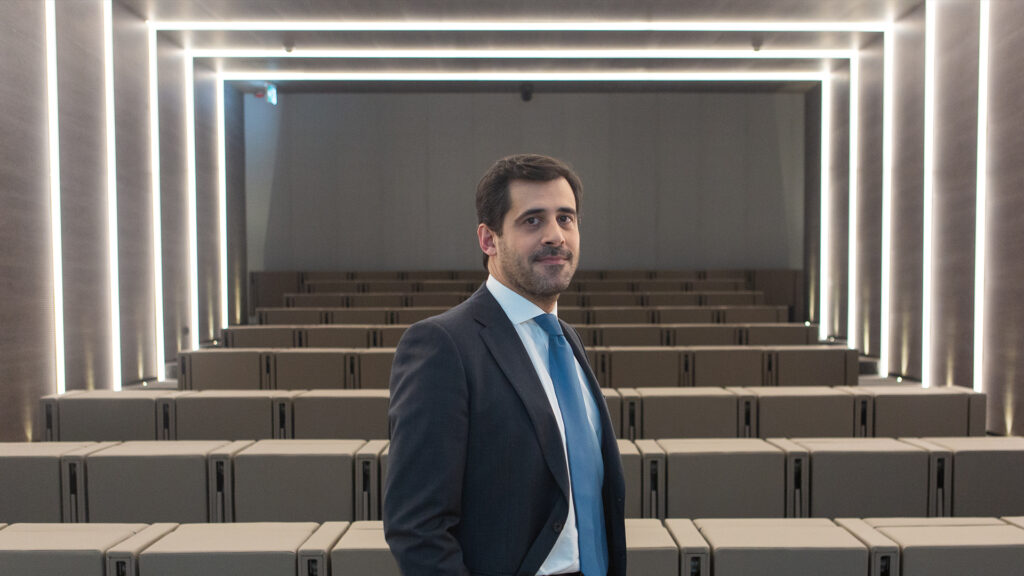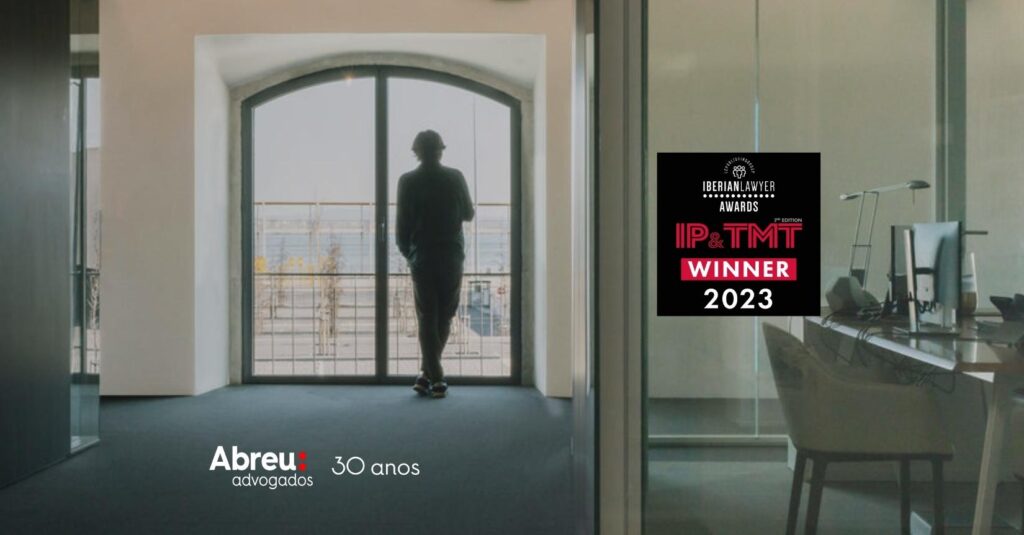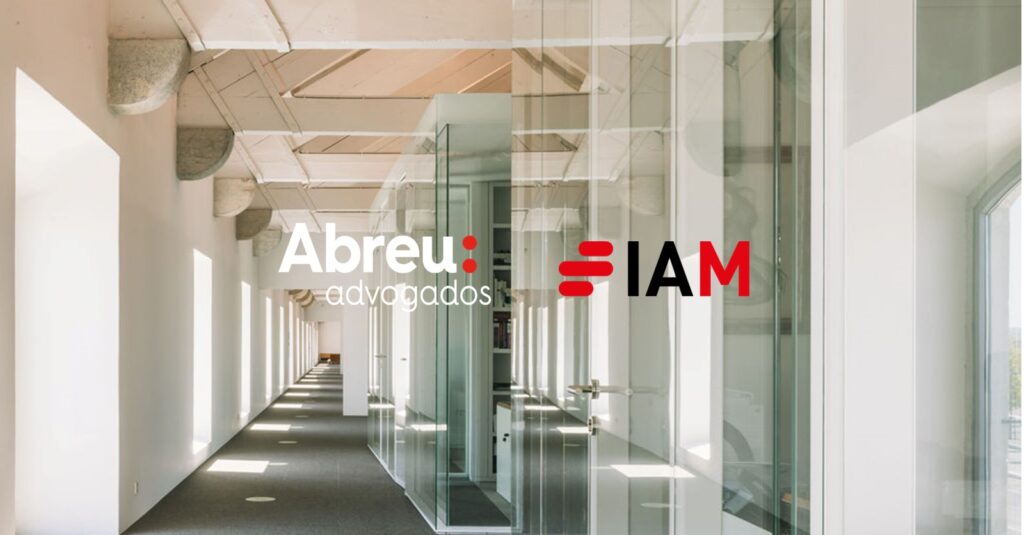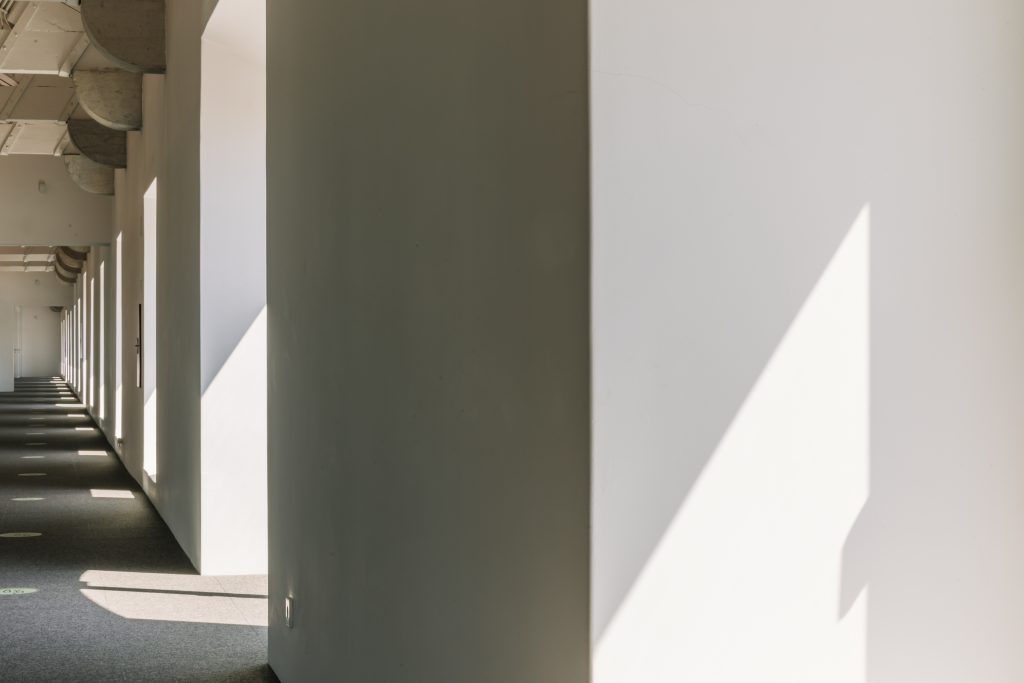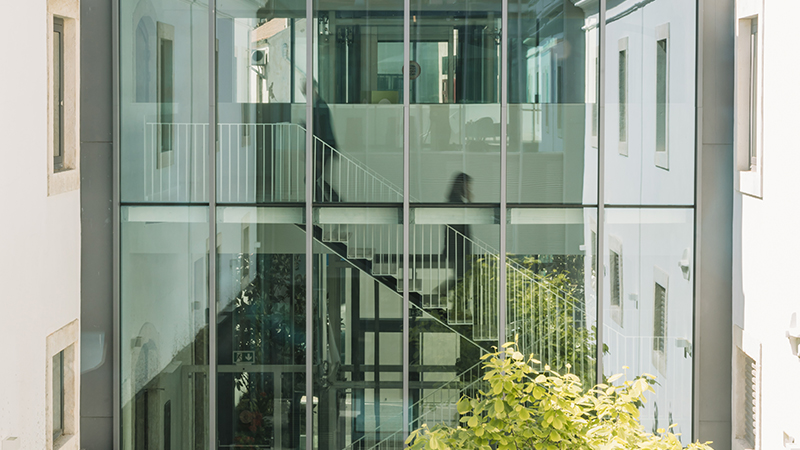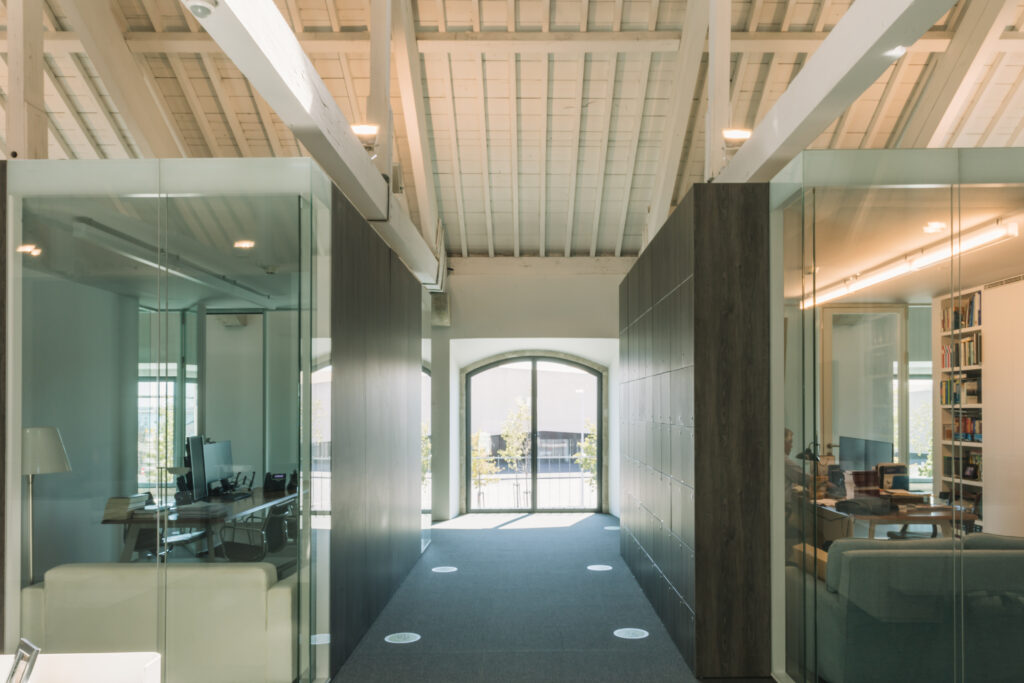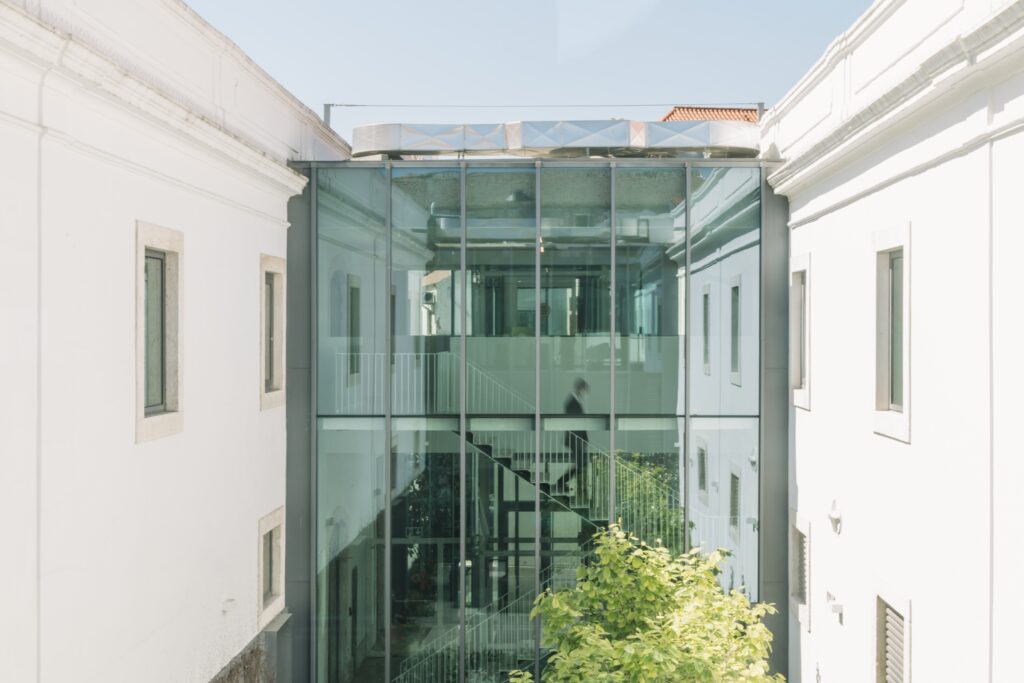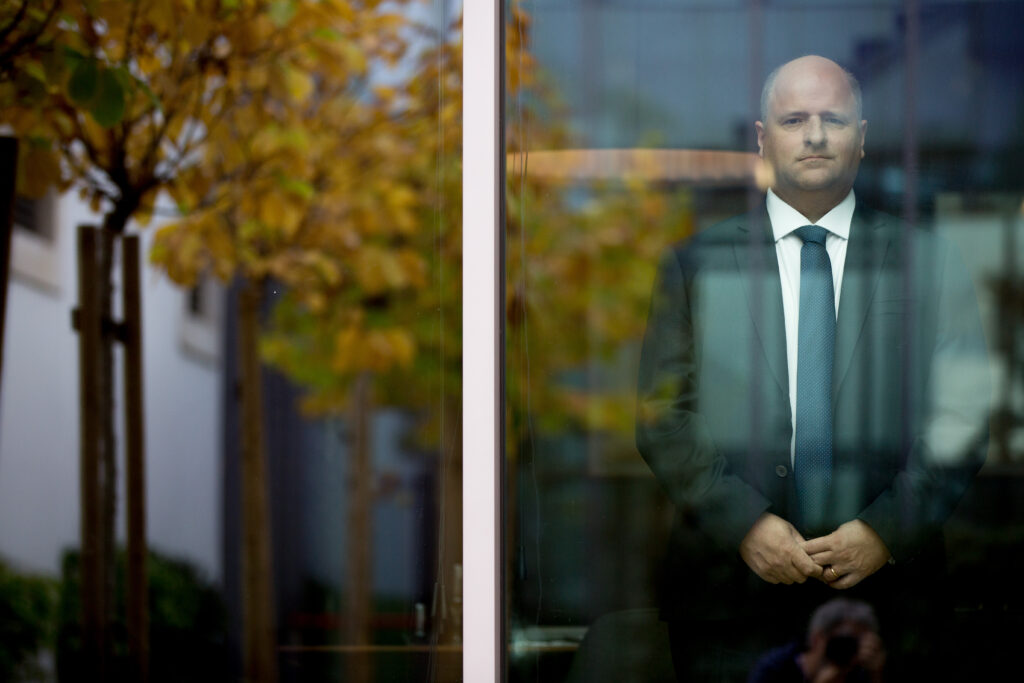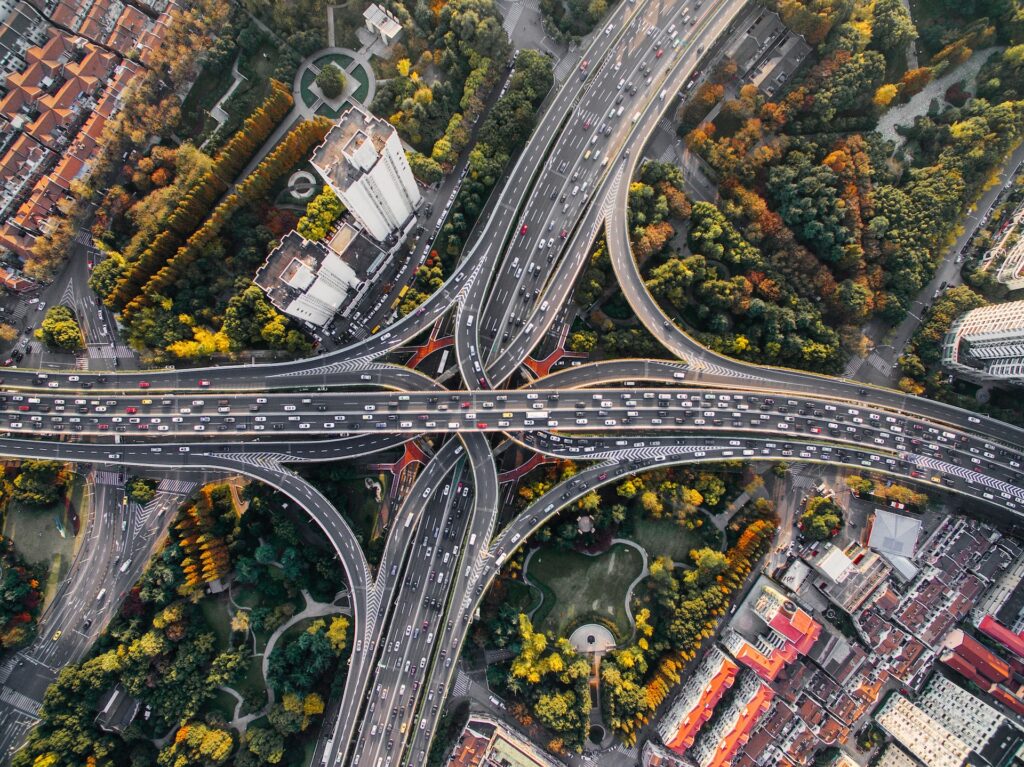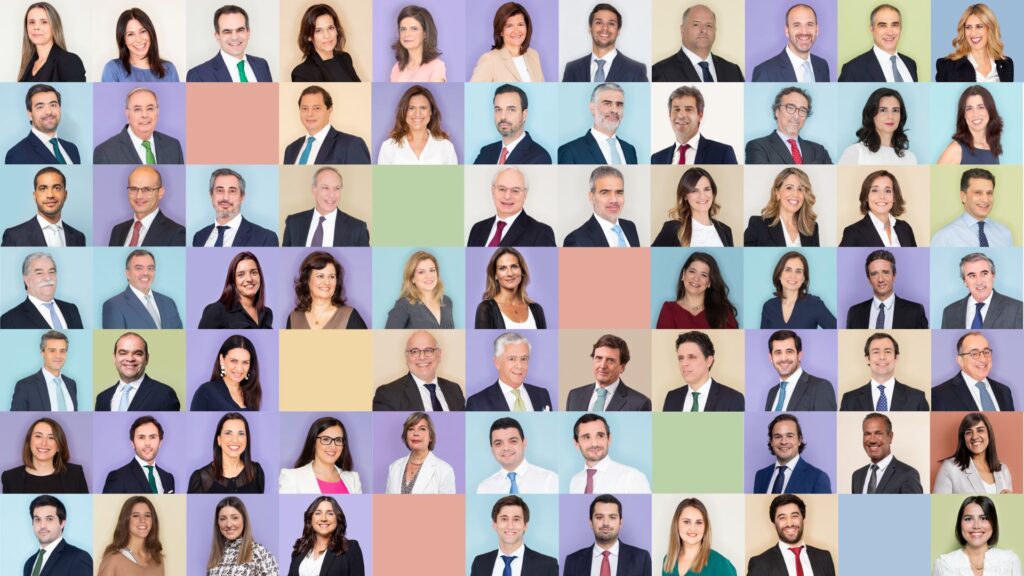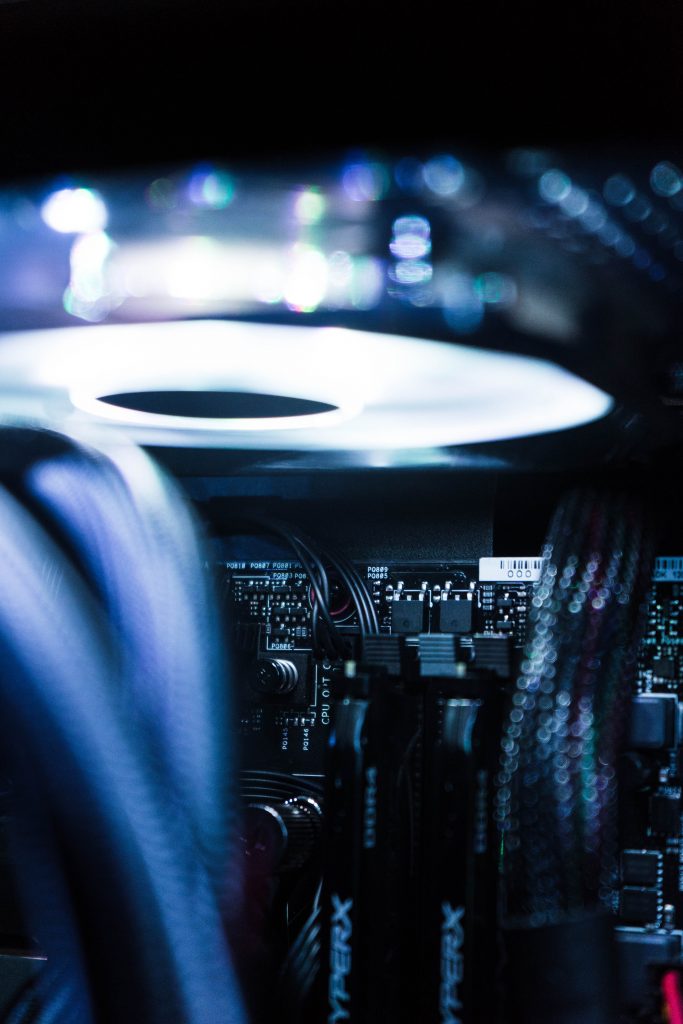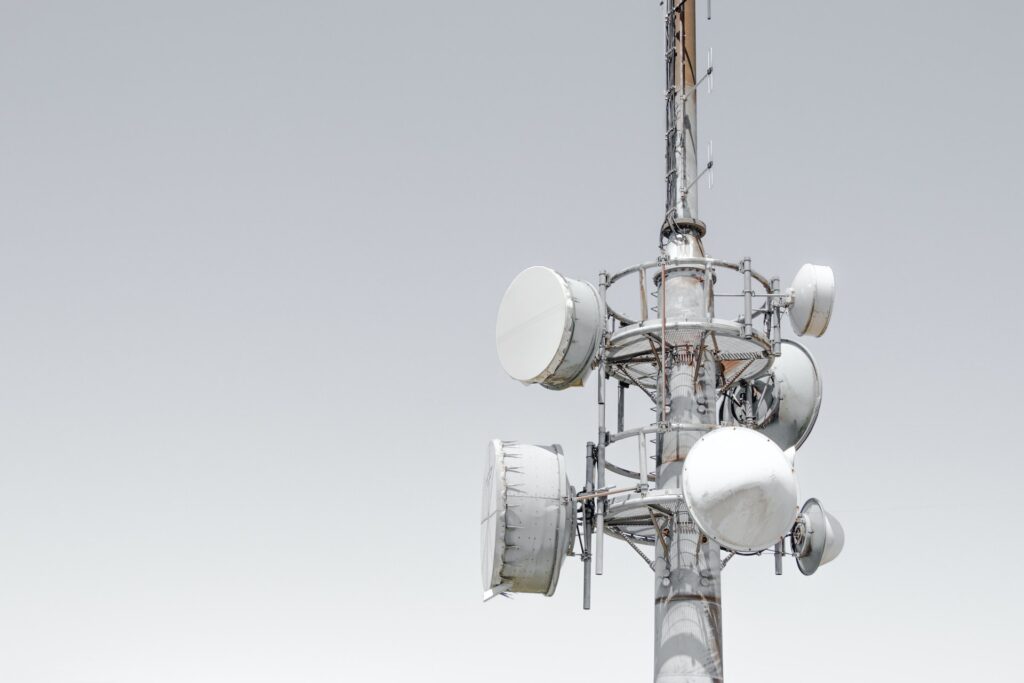Specificities of the Portuguese Transposition of the Digital Single Market Directive
The Digital Single Market Directive (Directive EU 2019/790, hereinafter referred to as “DSM Directive”) was finally transposed in Portugal by Decree-Law no. 47/2023, which was published on June 19th, 2023, which was implemented on July 4th.
The adopted legislative option was to transpose the directive through an amendment to the Portuguese Copyright and Related Rights Code (Decree-Law no. 63/85, 14th March) and two separate laws (i) Decree-Law 122/2000, of 4th July, in its current wording, which transposes Directive 96/9/EC, of the European Parliament and of the Council, of 11th the internal legal system the Directive 96/9/CE, of the European Parliament and of the Council, of 11 March on the legal protection of databases, and (ii) Law no. 26/2015, of 14th April, as amended, which current wording regulates the collective management organizations of copyright and related rights, including as to the establishment in national territory and the free provision of services of the entities previously established in another Member State of the European Union or in the European Economic Area, and European Economic Area, and revokes Law no. 83/2001, of 3 August.
Decree-Law no. 47/2023 essentially and line with the DSM Directive:
- Introduces new exceptions aimed at: facilitate bulk data mining; allow caricature, parody or pastiche of copyrighted content; promote the conservation of cultural heritage; allow didactic illustration in an online environment of copyrighted content;
- Introduces the “Press publication” and “Press publishers” definitions;
- Grants a (new) related right for press publishers, concerning the online uses of the respective press publications;
- Introduces rules that make online content-sharing service providers directly liable for the actions of their users that infringe content protected by copyright and related rights;
- Strengthens the protection of authors, artists and performers in the context of contracts, which they conclude.
Specificities of the Portuguese transposition:
- Article 8 of Decree-Law no. 47/2023 – Creation of an institutionalised arbitration centre
According to the explanatory statement of Decree-Law no. 47/2023, “provision is made for the possibility of authorising the establishment of a new arbitration centre or the extension of the powers of an existing arbitration centre to institutionalised mediation and arbitration in matters of copyright and related rights“.
Such provision corresponds to article 8 of the Decree-Law no. 47/2023. According to the latter, in particular with its paragraph 4, “Unless otherwise expressly provided by law, recourse to a specialised mediation and Arbitration Centre is optional.”.
Recourse to such specialized mediation and arbitration centre is deemed to be mandatory for certain disputes with: press publishers (concerning the grant of auhtorization and fullfillment of the information disclose obligation) and also concerning disputes between online content-sharing service providers and users of their services (arising from the removal or blocking of works or other protected material uploaded by them).
As of now, this institutionalised arbitration centre has not yet been established and there is no information as when it will be. Nevertheless, the Decree-Law provides for a transitory rule, in particular Article 12(4), according to which, until the constitution and effective beginning of operation of the institutionalised arbitration centre, the provisions of Law No. 63/2011 of 14 December for resolution via arbitration, and Law No. 29/2013 of 19 April for resolution via mediation, shall apply.
- Article 12 (1) and (2) of Decree-Law no. 47/2023 – Extended collective licences for press publications of regional press publishers until 31 December 2028
According to this transitory rule, regional press publishers will be considered to be represented by collective management organizations, unless they opt out under Article 36-A of Law no. 26/2015 (which transposes Article 12 of the DSM Directive).
- Article 188-A (2) (c) of Portuguese Copyright and Related Rights Code – lack of definition of very short excerpts
Decree-Law no. 47/2023 does not clarify what is meant by very short excerpts within the scope of the exceptions to the new related right now provided for in Article 188A of the Copyright and Related Rights Code.
- Article 188-B(4) and (5) of Portuguese Copyright and Related Rights Code – specific situations where information society providers are not obliged to disclose information to press publishers
Paragraphs 4 and 5 of Article 188-B provide for specific situations where information society service providers are not obliged to disclose with relevant and trustworthy information regarding the use of press publications by their users (when disclosure of such information would involve the disclosure of tradesecrets, the unauthorized transmission of content protected by copyright or other exclusive rights or would involve the unlawful transmission of personal data; or where such disclosure is limited by confidentiality measures or guarantees, respectively).
- Article 175-C(4) of Portuguese Copyright and Related Rights Code – maintenance of copies of unlawful content as an additional measure to help preventing the upload of previously removed content
Paragraph 4 of Article 175-C seems to follow CJUE case law (in particular Case C-18/18 and Case C-401), concerning the specific monitoring (pre-identified content research) or “filtering” obligation, provided for in Article 17(4)(c) of the DSM Directive. However, it is not clear from the current wording if this is in fact an obligation and the specific cases where the online content-sharing service providers shall maintain copies of unlawful content (“whenever necessary”).
In fact, it seem to us that the Portuguese legislator tried to find a balance by not providing for an “obligation” but rather an additional measure to help preventing the upload of content that was previously removed or blocked.
- Article 195 of Portuguese Copyright and Related Rights Code – amendment to the usurpation crime
Under the Decree-Law no. 47/2023, “The crime of usurpation is committed by whoever, without the authorisation of the author or the artist, the phonogram and videogram producer, the broadcasting organisation or the press publisher, uses a work or performance by any of the means provided for in this Code.”
However, such conduct is not punishable “where the online content sharing services provider complies with the conditions laid down in Article 175-C(1) or Article 175-D(1) and (2), as the case may be.” (these conditions correspond to the ones provided in Articles 17(4) and (6) of the DSM Directive).
This legal solution raises some questions, such as whether it is sufficient to fill the legal gap on the criminal liability of legal persons for the crime of usurpation. It should be noted that under Portuguese law, legal persons can only be held criminally liable for crimes if expressly provided for by law, i.e. there must be an enabling provision (Article 11 of the Portuguese Criminal Code).
This amendment will only enter into force on January 1st 2024.


